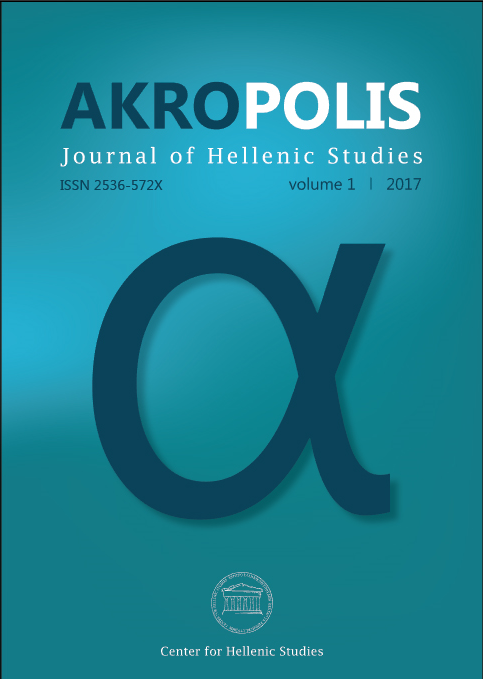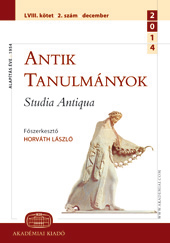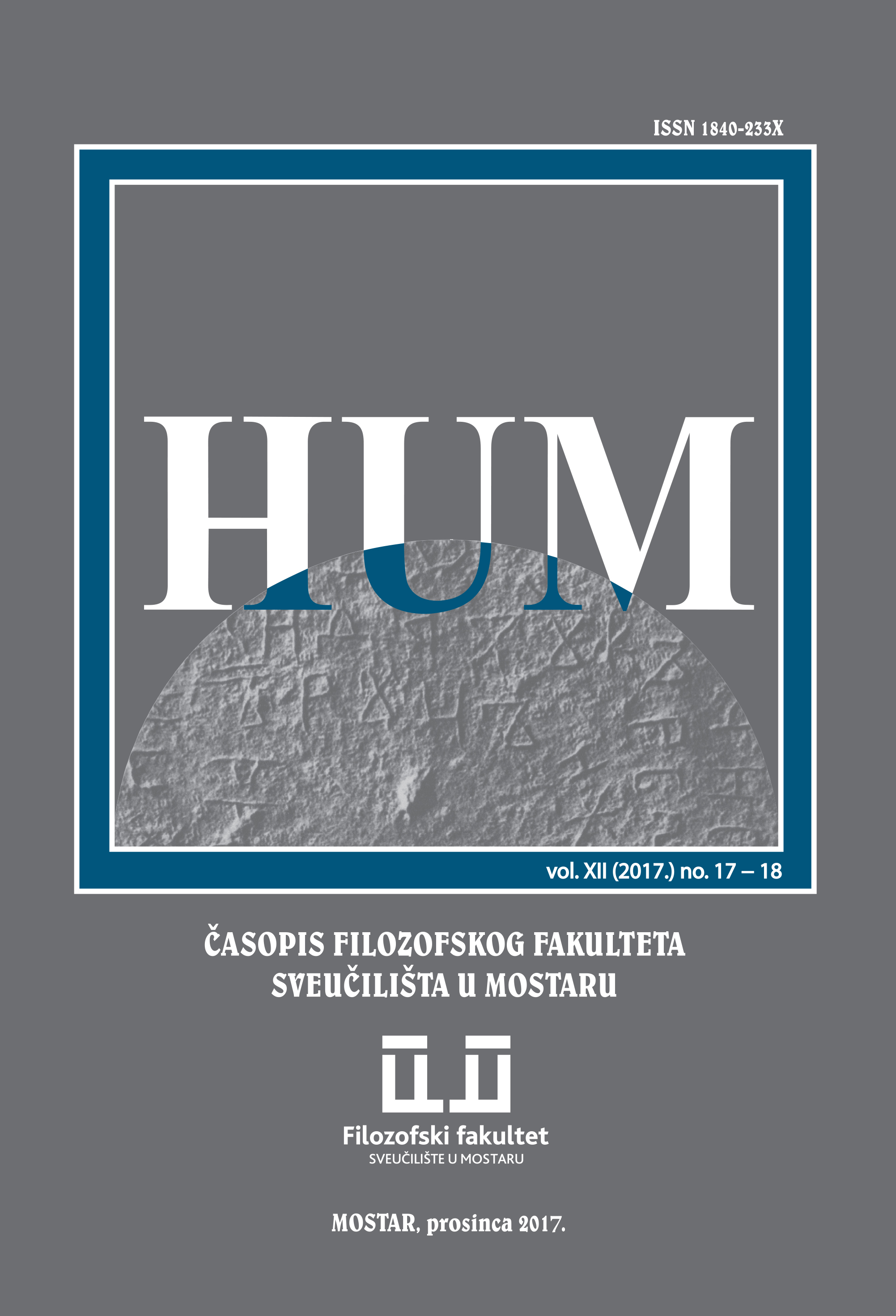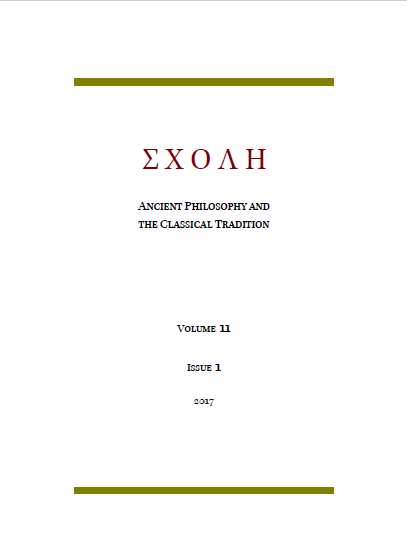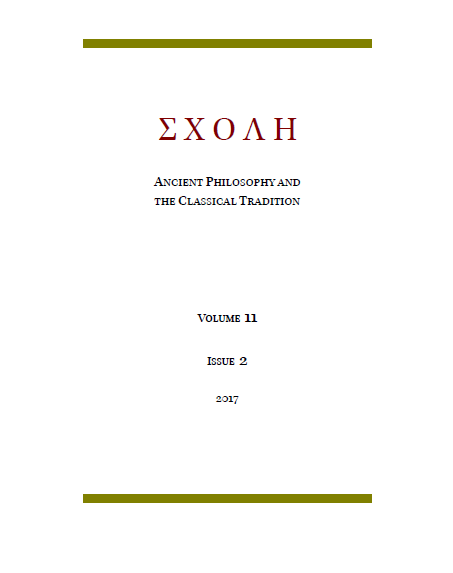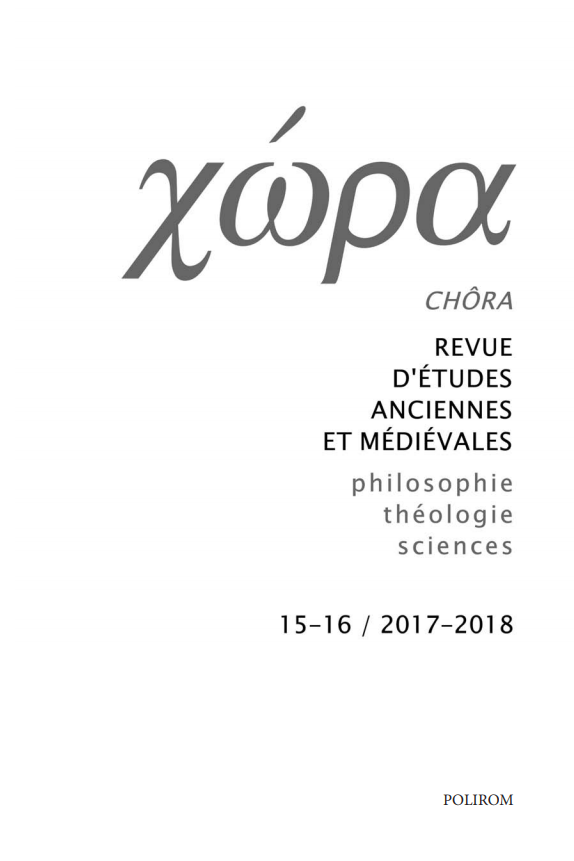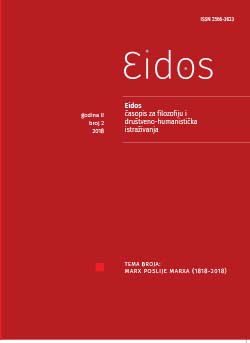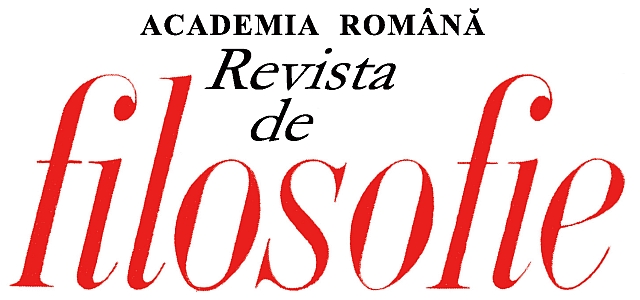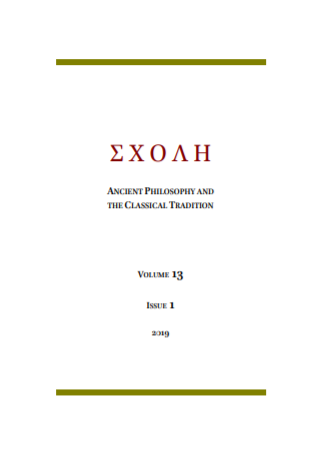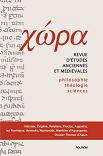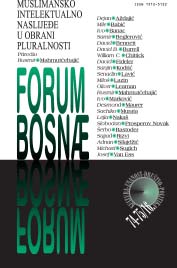
Od Platonove akademije do razdoblja hiperspecijalizacije
Putanja zapadne tradicije Cjelokupnu zapadnu tradiciju možemo posmatrati kao borbu i dijalog između dviju različitih vrsta spoznaje: jedne dublje i koja zaokuplja čitavo čovjekovo biće – potraga za jednim upotpunjenim svjetonazorom koji često podrazumijeva samotransformaciju i aktivno učešće – i druge koja prevashodno predstavlja sredstvo, odnosno koja je utilitaristička po svome fokusu.
More...
